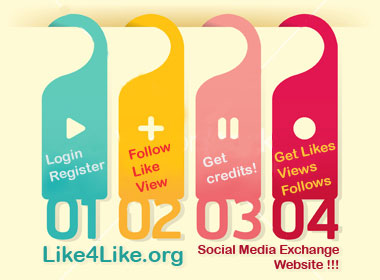Google's Matt Cutts On Telling If Your Site Was Hit By Algorithm 
The truth is, for an experienced SEO, this video sheds nothing new
about the question on determining if your site was hit by an algorithm
or not.
In short, the best way to tell if you were hit by a Google
algorithm such as Panda or Penguin, is to see your analytics and see if you had a major dive in traffic from Google on a specific day. If so, then write down that date, go to our Google updates section here and see if the date corresponds with anything reported here. If not, then you are out of luck. Well, not exactly.
Matt describes three reasons why a ranking drop might occur:
(1) Manual Actions
(2) Crawling Errors or Issues
(3) Algorithmic Penalty
(1) Manual actions show a notification in Google Webmaster Tools, so it is clear cut, Matt said.
(2) Crawl errors also are likely to show in Google Webmaster Tools, often clear cut also.
(3)Algorithmic penalties are not thought of as a penalty, they are
algorithms for ranking. General quality and algorithms will determine
rankings. So it is hard to tell if an algorithm is hurting you. But
Google will communicate large scale algorithm changes, such as Panda or
Penguin. They will tell you on what date they run, this way you can
check the date and see if that algorithm had an impact on your site.
But as you improve your site and the algorithms run, your rankings can improve.
At WebmasterWorld, GoodROI, the administrator, said:

The truth is, for an experienced SEO, this video sheds nothing new
about the question on determining if your site was hit by an algorithm
or not.
In short, the best way to tell if you were hit by a Google
algorithm such as Panda or Penguin, is to see your analytics and see if you had a major dive in traffic from Google on a specific day. If so, then write down that date, go to our Google updates section here and see if the date corresponds with anything reported here. If not, then you are out of luck. Well, not exactly.
Matt describes three reasons why a ranking drop might occur:
(1) Manual Actions
(2) Crawling Errors or Issues
(3) Algorithmic Penalty
(1) Manual actions show a notification in Google Webmaster Tools, so it is clear cut, Matt said.
(2) Crawl errors also are likely to show in Google Webmaster Tools, often clear cut also.
(3)Algorithmic penalties are not thought of as a penalty, they are
algorithms for ranking. General quality and algorithms will determine
rankings. So it is hard to tell if an algorithm is hurting you. But
Google will communicate large scale algorithm changes, such as Panda or
Penguin. They will tell you on what date they run, this way you can
check the date and see if that algorithm had an impact on your site.
But as you improve your site and the algorithms run, your rankings can improve.
At WebmasterWorld, GoodROI, the administrator, said:
Forpeople (especially newbies) having trouble making money online theyby Barry Schwartz
should remember most things are interconnected. For example if you
publish poor content it will lead to weak link development because no
one likes linking to poor content. There are ripple effects when working
on different parts of your site.
















